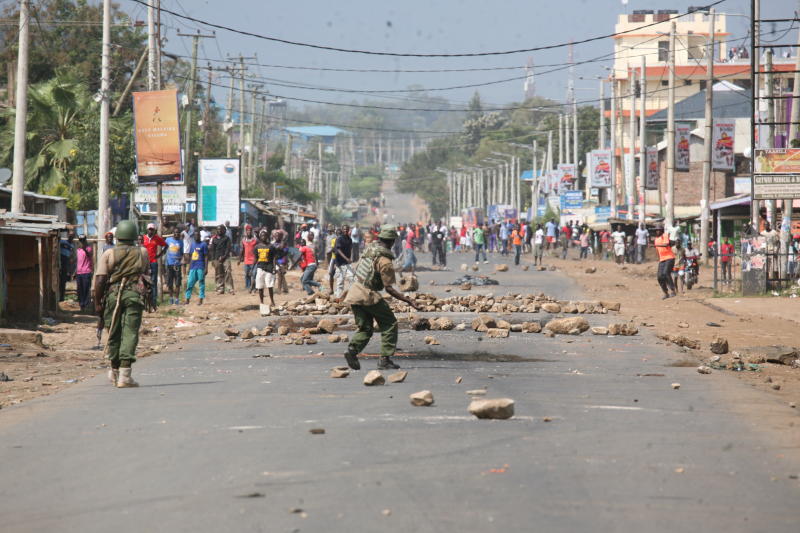×
The Standard e-Paper
Smart Minds Choose Us

The economy performed the worst in five years, growing at 4.4 per cent in the third quarter of this year compared to 5.6 per cent registered in a similar period last year.
The last time the growth slowed down to such levels was in the third quarter of 2012 when the country recorded a 4.4 per cent growth.